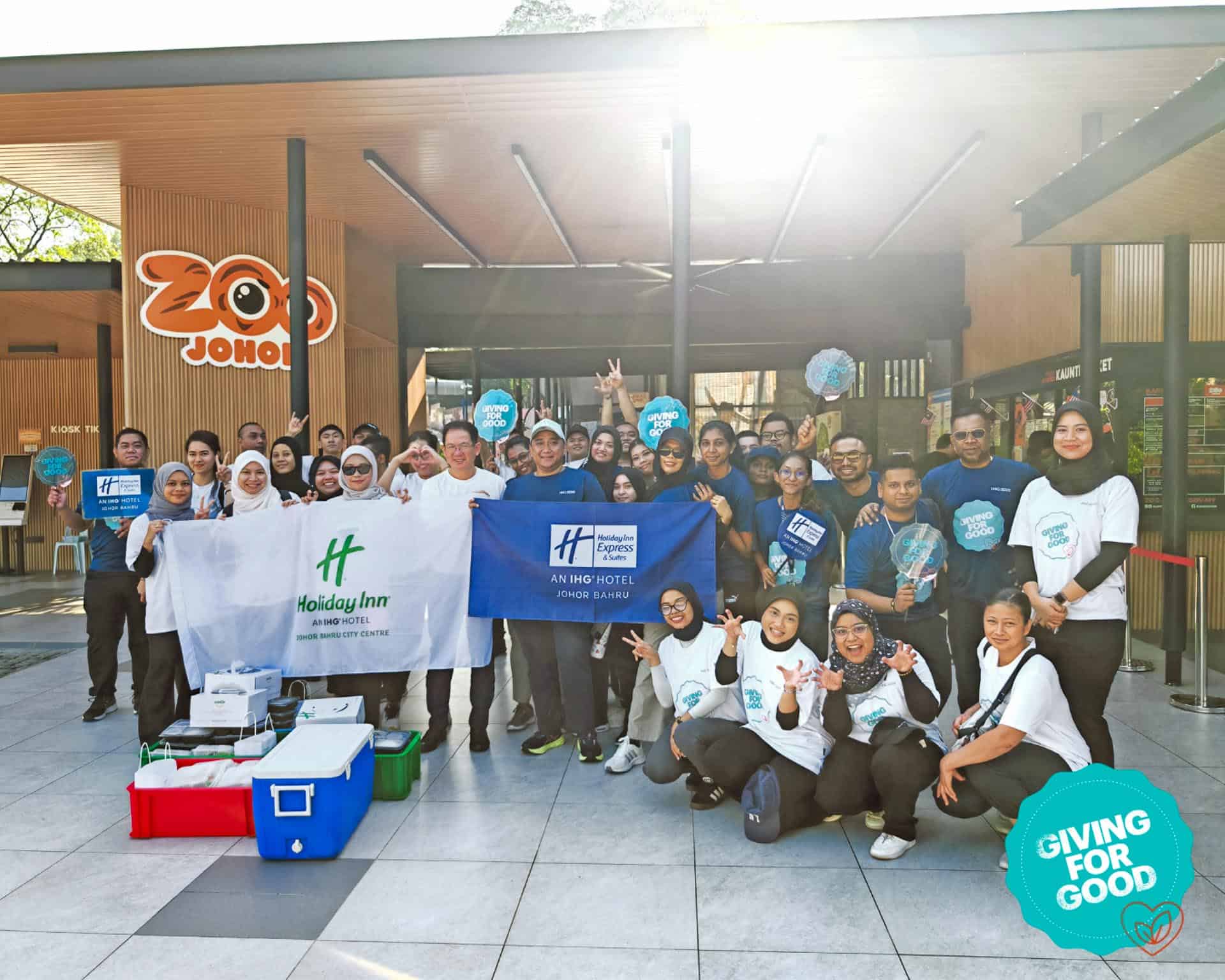
This article is attributed to Dr. Mugunthan Murugan, CEO, Medic Konsult (MY) Sdn Bhd

Malaysia has long enjoyed a global reputation for accessible healthcare — but at a cost.
Population growth and rising chronic illnesses have pushed our clinics to the brink. Burnout has become a harsh reality for healthcare professionals, going from medical jargon to an out-and-out systemic crisis, as doctors struggle with juggling emergencies, making life-or-death decisions, and carrying the emotional weight of every patient, on top of enduring marathon shifts of up to 36 hours. And after all that, they’re still expected to stay back,not to provide care, but to complete hours of paperwork.
This administrative overload is taking a serious toll. With more than 10,000 private clinics—many operated by a single doctor—juggling fragmented systems for HR, billing, and patient records, morale is plummeting. Healthcare workers are overburdened, demoralised, and increasingly leaving the field. Government clinics are overflowing, resignation waves continue in public and private hospitals, and many medical graduates are planning to migrate before completing housemanship. The result? Fewer staff, more work, and a vicious cycle of burnout.
The Real Issue: Not Too Few Systems, But the Wrong Ones
In an effort to modernise, clinics have turned to digital tools, only to find these systems often add confusion rather than clarity. Many are built around Western workflows that don’t match the day-to-day realities of Malaysian practice. More systems don’t help if they make work harder.
What healthcare professionals need is a human-centred solution—one platform that streamlines everything from scheduling, appointments, team communication, and documentation, to billing and HR. The goal? Fewer clicks, better handovers, less cognitive load, digitalisation that eases the burden rather than increases it.
Some modern platforms now integrate essential tools like chronic disease tracking, e-invoicing, medication reminders, inventory management, and payroll—all in one system. They also work offline, allowing clinics to continue operating smoothly without worrying about system switches or outages.
Transformation in Action: What’s Already Working
Across Malaysia, over 350 clinics are quietly adopting smarter, more locally relevant digital solutions—and the results speak for themselves. Clinics using these tools report:
Up to 90 minutes saved daily by reducing manual work
40% faster task coordination
Fewer errors, less stress, and smoother operations
Instead of changing how Malaysian doctors work, these platforms simplify and support their daily routines. By unifying patient records, appointments, billing, and communication in one place, they help doctors focus on what truly matters: caring for patients.
“CxSYS has significantly streamlined our clinical workflows from patient registration to follow-up care while also supporting essential functions like HR management, X-ray reporting, and more.” says Dr. Rejiv, Klinik Mediviron Bahau. “It has brought structure, clarity, and efficiency to our daily operations.”
They also enable the generation of localised health data — crucial for making meaningful medical decisions. After all, if you tell a patient to cut back on French fries, but their actual concern is nasi lemak, you’ve missed the point altogether. Western data doesn’t always reflect Malaysian health realities.
A Brighter Future for Malaysian Healthcare
Clinics embracing integrated digital platforms are seeing reduced burnout, better team morale, and fewer errors. These tools aren’t just about efficiency—they’re about sustainability. By cutting operational costs and improving workflows, they help future-proof clinics while protecting patient outcomes.
CxSYS is one such platform leading this shift, not as a superficial tech upgrade, but as a mindset change. By aligning digital tools with the real-world needs of Malaysian clinics, it’s proving that transformation is not only possible, it’s already underway.
“CxSYS has enabled us to unify and standardise processes across the Apricot Clinic Network. From digital medical records to inventory control and inter-clinic coordination, it has done wonders in helping us elevate our care delivery and administrative efficiency.” Says Dr. Liew Kong Fui, Apricot Clinic Network, Malaysia
As Malaysia moves forward, embracing healthcare technology designed with local realities in mind could be the key to a healthier, more sustainable future for both practitioners and patients.